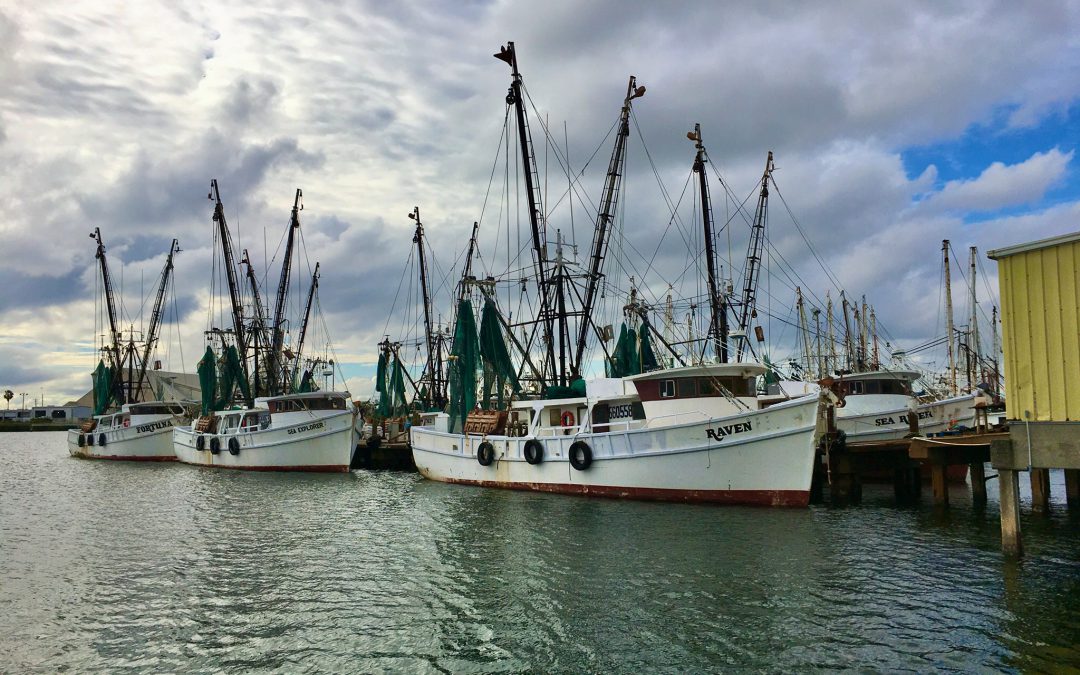Federal officials Wednesday defended the delay in releasing $300 million on fisheries assistance funding, including $23.4 million for Florida, saying the pandemic has set them behind in analyzing data to determine how much each fishery is due.
Senators on the Commerce, Science, & Transportation Committee urged faster action to offset the impacts of COVID-19 on the seafood industry.
Committee Chairman Sen. Roger Wicker, R-Miss., noted that fisheries across the nation have experienced up to a 90 percent decline in sales.
“All sectors of the seafood industry, including fishermen, aquaculture producers, seafood processor distributors and restaurants have been impacted,” Wicker said at Wednesday’s hearing. “These losses have crippled our nation’s fisheries and will have negative impacts on coastal communities across the country.”
In the Gulf of Mexico alone, the price of fish decreased by 80 percent, Wicker said, and Gulf shrimp and oysters were hit the hardest. The Florida Department of Agriculture & Consumer Services issued 1,048 Commercial Aquaculture Certificates of Registration last year, and the Florida Fish and Wildlife currently has 8,282 active saltwater products licenses.
In May, the CARES Act allocated $300 million for fisheries assistance funding. Florida received $23,447,815, according to the Atlantic States Marine Fisheries Commission. However, the National Oceanic and Atmospheric Administration has not approved the state’s plan.
“Some key functions, such as certain fisheries surveys and field research, have been temporarily suspended due to social distancing requirements and related safety considerations,” Paul Doremus, deputy assistant administrator of operations, testified at the hearing. “We will continue to work to understand and mitigate the immediate and long-term impacts of the COVID-19 pandemic on U.S. fisheries and our nation’s living marine resources.”
The Southern Shrimp Alliance is urging the shrimp industry to complete a survey NOAA sent out to help gauge the economic and social impacts of the coronavirus.
“The results of this survey will provide an extremely important basis for the federal government to design the most effective programs for mitigating the impacts of the pandemic on your business and the shrimp industry as a whole,” the memo to members read.
Spokeswoman Deborah Long said the issue with the CARES Act dates back to the beginning of the Paycheck Protection Program. Shrimp vessel captains could apply for the loans to help cover their crew’s paychecks.
“But the way the law states it, if you’re a crew member that shares the bounty, which is how the vast majority work, each individual member had to apply for the paycheck protection loan because they’re individual entities,” Long said.
When boat owners initially applied for the loan, they got denied. By the time the crew applied, there was no money left to disburse, Long said.
“My understanding is that we do not yet know how and when distributions will be made from Florida’s portion of (National Oceanic and Atmospheric Administration) funds in response to COVID-19, other than it will be divided among commercial and recreational fishermen and that it may be a ways off,” Long said.
Versaggi Shrimp, based in Tampa, has six boats with full crews — one captain and two crew members — working full time. The boats leave from Tampa and travel 23 hours to the Keys where the crews catch shrimp for about 30 days before returning.
“The only thing affecting us is the price on the wholesale level,” co-owner Joe Versaggi said. “The price we’re receiving from processors hasn’t gone up at all in the last year” because of imports.
Shrimp from U.S. suppliers makes up 10 percent of the U.S. shrimp market, according to Long. The rest comes mainly from shrimp farms in India, Vietnam and China.
“Some of the quality is questionable. Distributors would rather sell cheap product for an expensive price,” Versaggi said. “And the public isn’t the wiser.”
The fact that most American-consumed seafood is imported “should concern us,” Sen. Rick Scott, R-Naples, said at the hearing: “We clearly need to have a stable supply of seafood.”
• • •


